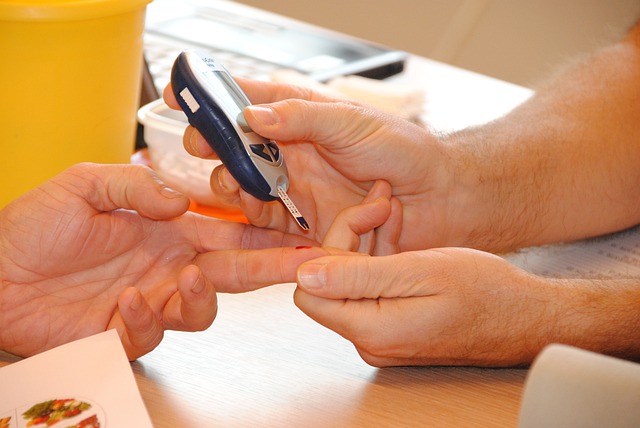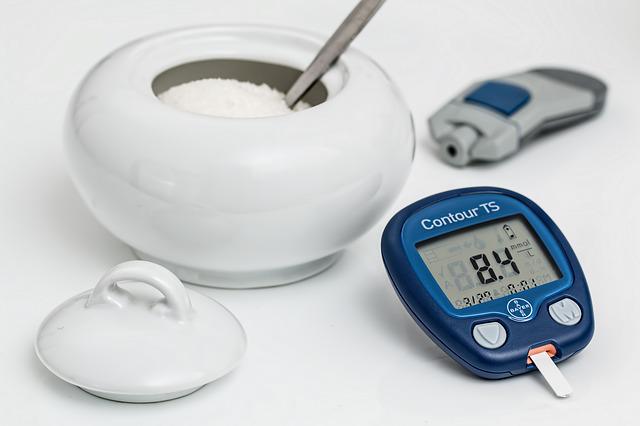Blood sugar control is at the center of any diabetes treatment plan. High blood sugar, or hyperglycemia, is a major concern and can affect both type 1 and type 2 diabetes. There are two main types.
Fasting hyperglycemia. This is for patients with diabetes whose blood sugar is greater than 130 mg/dL (milligrams per deciliter) after fasting for at least 8 hours. Postprandial or postprandial hyperglycemia. This is blood sugar that is greater than 180 mg/dL 2 hours after you eat. People without diabetes rarely have postprandial blood sugar levels above 140 mg/dL, unless it’s really high. Frequent or ongoing high blood sugar can damage your nerves, blood vessels, and organs. It can also cause other serious conditions. People with type 1 diabetes are at risk of developing acid in the blood called ketoacidosis.
If you have type 2 diabetes or if you’re at risk for it, extremely high blood sugar can lead to a potentially fatal condition where your body can’t process sugar. This is called hyperglycemic hyperosmolar nonketotic syndrome (HHNS). You will urinate often at first and then urinate less frequently, but your urine may become dark and you may become severely dehydrated.

Reasons
Your blood sugar may rise.
1. Skip or forget your insulin or oral glucose-lowering medications.
2. Eat too many grams of carbs for the amount of insulin you take or eat too many carbs, in general, There is an infection.
3. Sick.
4. You are under stress.
5. Become inactive or exercise less than usual.
6. Participate in vigorous physical activity, especially when your blood sugar levels are high and insulin levels are low.
Symptoms
Early symptoms include:
1. Thirst.
2. Headache.
3. Difficulty paying attention.
4. Blurred vision.
5. Frequent urination.
6. Fatigue (weak, tired feeling).
7. Weight loss.
8. Blood sugar greater than 180 mg/dL.

Running high blood sugar can cause:
1. Vaginal and skin infections
2. Worse vision
3. Slow healing cuts and sores
4. Nerve damage that causes the painful cold or sensitive feet, hair loss on the lower back, or erectile dysfunction
5. Stomach and intestinal problems such as chronic constipation or diarrhea
6. Damage to your eyes, blood vessels, or kidneys
How is it treated?
If you have diabetes and notice any of the early signs of high blood sugar, test your blood sugar and call the doctor. They may ask you for the results of several lessons. They may recommend the following changes.
You are hungrier than usual but losing weight
Many people with uncontrolled high blood sugar find that they are hungrier than usual, indicating a symptom called polyphagia, MedlinePlus notes. And even if you’re eating more, according to the Mayo Clinic, if your blood sugar is too high, you can lose weight for no apparent reason. do “When your body starts breaking down muscle and fat for energy, you experience unintentional and unhealthy weight loss.” In addition to these changes in weight and appetite, you may notice weakness in your muscles and experience more frequent falls, Emanuel adds.
You have noticeably blurred vision and frequent headaches
You may notice that your vision is not as clear as it used to be and things may appear a bit blurry. According to the Joslin Diabetes Center in Boston, high blood sugar levels can cause the lens of your eye to swell. This changes the shape of the lens, making it unable to focus properly, resulting in blurred vision. You find yourself struggling at work, having difficulty driving, and having frequent headaches, Emanuel notes.
